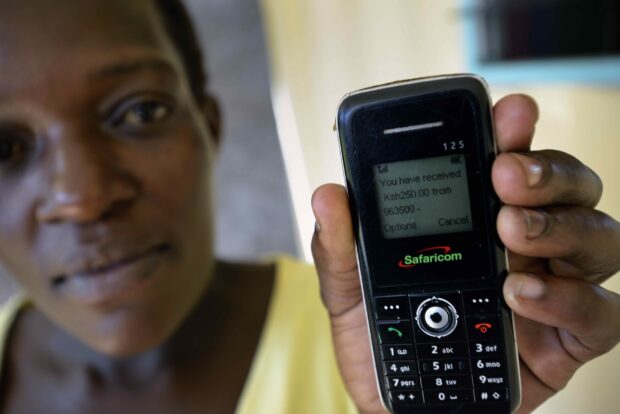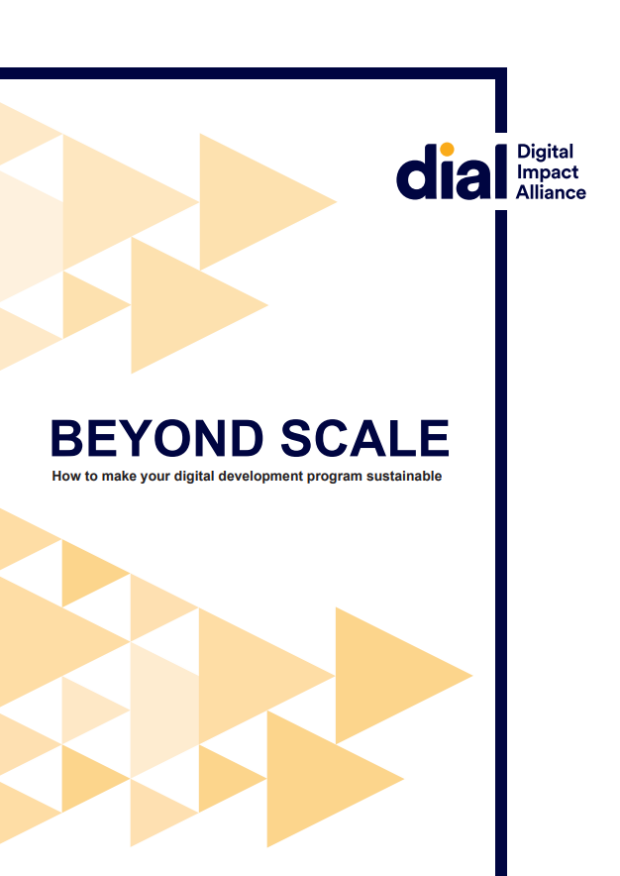In recent years, national digital transformation agendas of low- and lower-middle-income countries (LLMICs)—which include a broad range of interventions from connectivity infrastructure to digitizing government services to digital payment systems—have become increasingly critical to inclusive development across all sectors. They have become even more vital as a result of COVID-19.
LLMIC governments face several challenges, however, in effectively executing and financing their digital transformation strategies. The broad and diverse range of programs under the umbrella of digital transformation has led to siloed approaches to both implementation and funding. In recent years, there has been increased focus on creating holistic, crosscutting strategies using a whole-of-government approach, but it remains a challenge for governments to effectively navigate these many sources to secure and deploy funding to achieve their goals. Moreover, there is not yet a clear evidence base on what funding and financing approaches work best to achieve these goals.
In light of these challenges and evidence gaps, DIAL commissioned Volta Capital, a development finance advisory firm, to conduct this comparative analysis of applicable funding/financing approaches for national digital transformation in LLMICs, including evaluation frameworks, recommendations for use by LLMIC governments, and case studies on each approach.
This analysis intends to provide digital transformation actors—particularly LLMIC government officials in charge of implementing the mobilizing resources for national digital transformation agendas—with a specific resource to help develop their funding/financing approaches, which can be used as a guide for development actors to facilitate national digital transformation.




